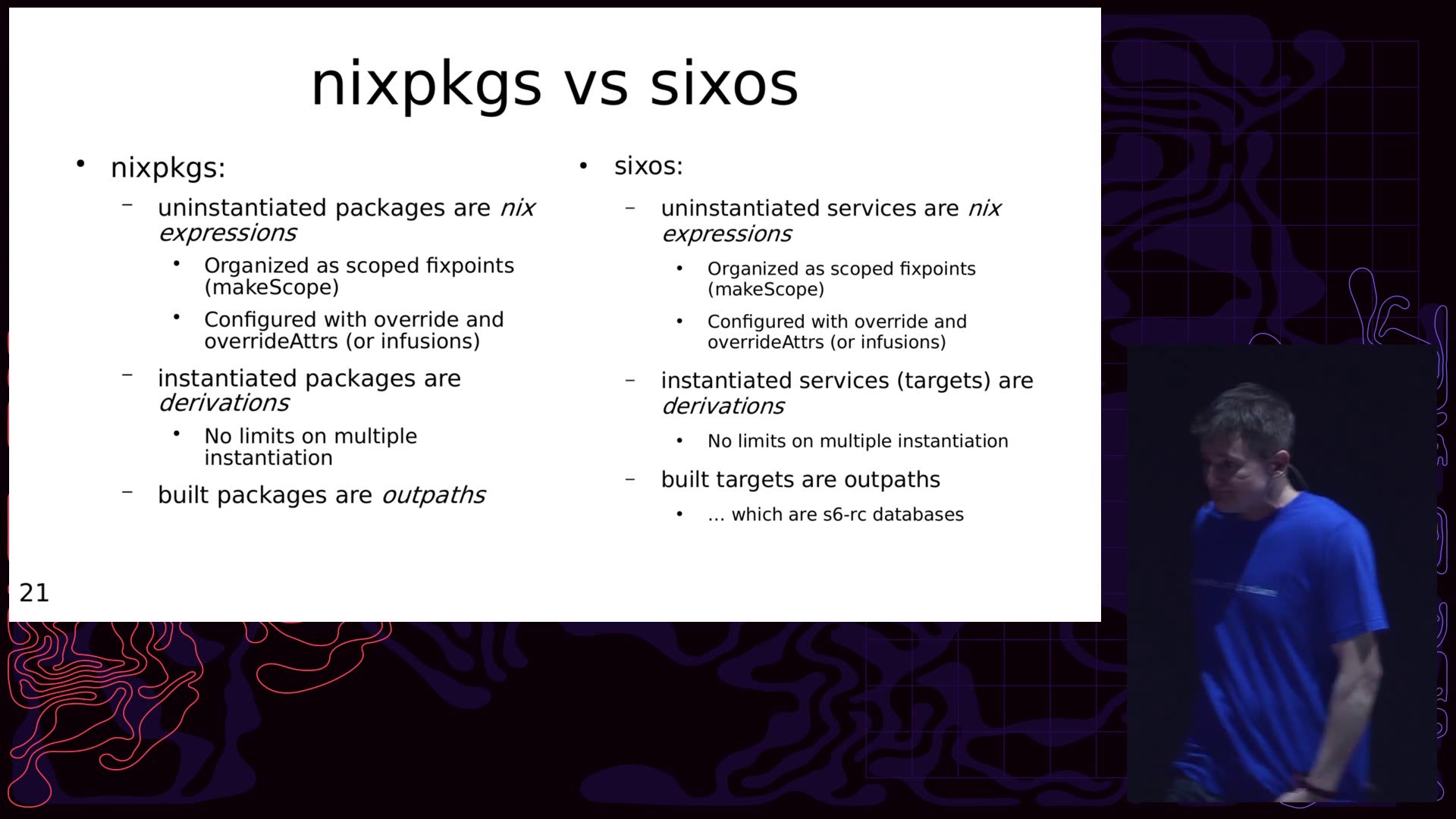Ruby's Singleton Class: A Deep Dive
This article delves into Ruby's singleton class, a crucial feature for its object-oriented semantics, despite lacking an official name for years. It explains that a singleton class isn't truly a singleton or a class, but rather an elegant solution to the problem of attaching methods to a specific class in a purely object-oriented language. The article compares solutions in Python and Smalltalk, detailing Ruby's mechanism for implementing class methods using singleton classes, including three syntaxes for defining singleton class methods. Finally, it explores why Ruby chose this approach, highlighting the consistency and importance of singleton classes within Ruby's object-oriented system.







